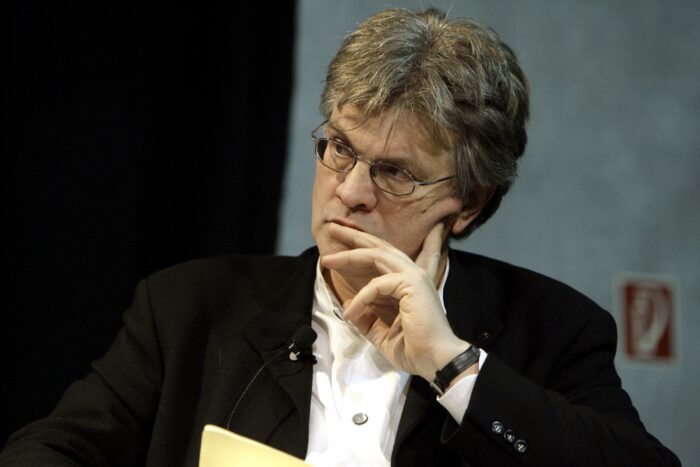Find all related publications
Publications
Find all related news
News
Find all related in the media
In the media
The Social Pillar at risk: Letta’s work and Schmit’s warnings for the next EU tenure
by The Watcher Post 03/05/2024
Veinte años del ‘big bang europeo’, el espejo en el que se mira la próxima gran ampliación hacia el Este
by El País 02/05/2024



 Whether with Merkel or Schulz, stability and the necessary stimulus to overcome a whole series of accumulated problems at the European level had already been factored in. In addition, the hope was that coalition partners who knew each other well would quickly come together in a new government. A golden autumn and a mild political spring were already shining through in Juncker’s ‘state of the Union’ speech in mid September: right wing populists banished, the economic situation better than expected, cohesion on Brexit, a French-German engine reviving up once more and the Commission given a boost and back in the driving seat.
Whether with Merkel or Schulz, stability and the necessary stimulus to overcome a whole series of accumulated problems at the European level had already been factored in. In addition, the hope was that coalition partners who knew each other well would quickly come together in a new government. A golden autumn and a mild political spring were already shining through in Juncker’s ‘state of the Union’ speech in mid September: right wing populists banished, the economic situation better than expected, cohesion on Brexit, a French-German engine reviving up once more and the Commission given a boost and back in the driving seat.






